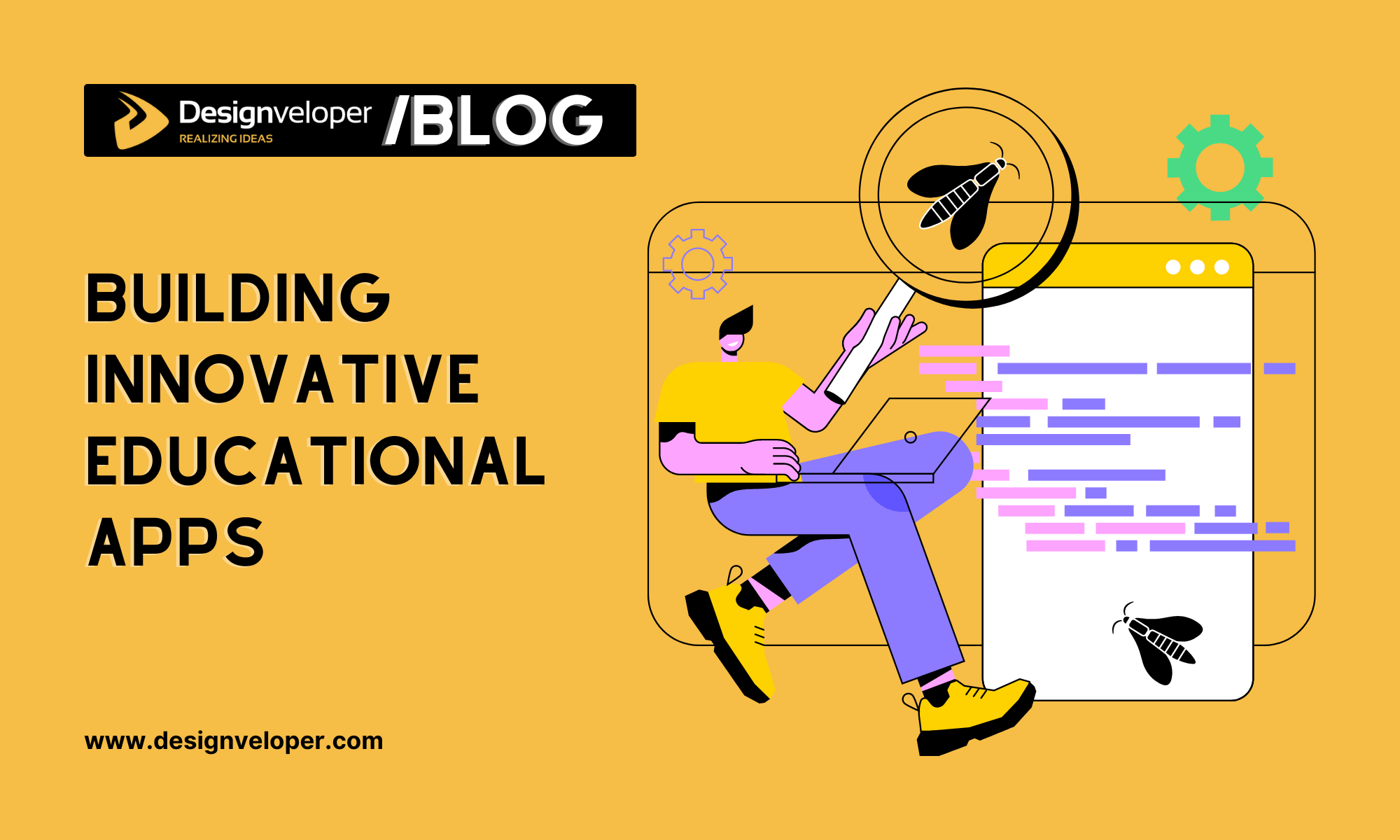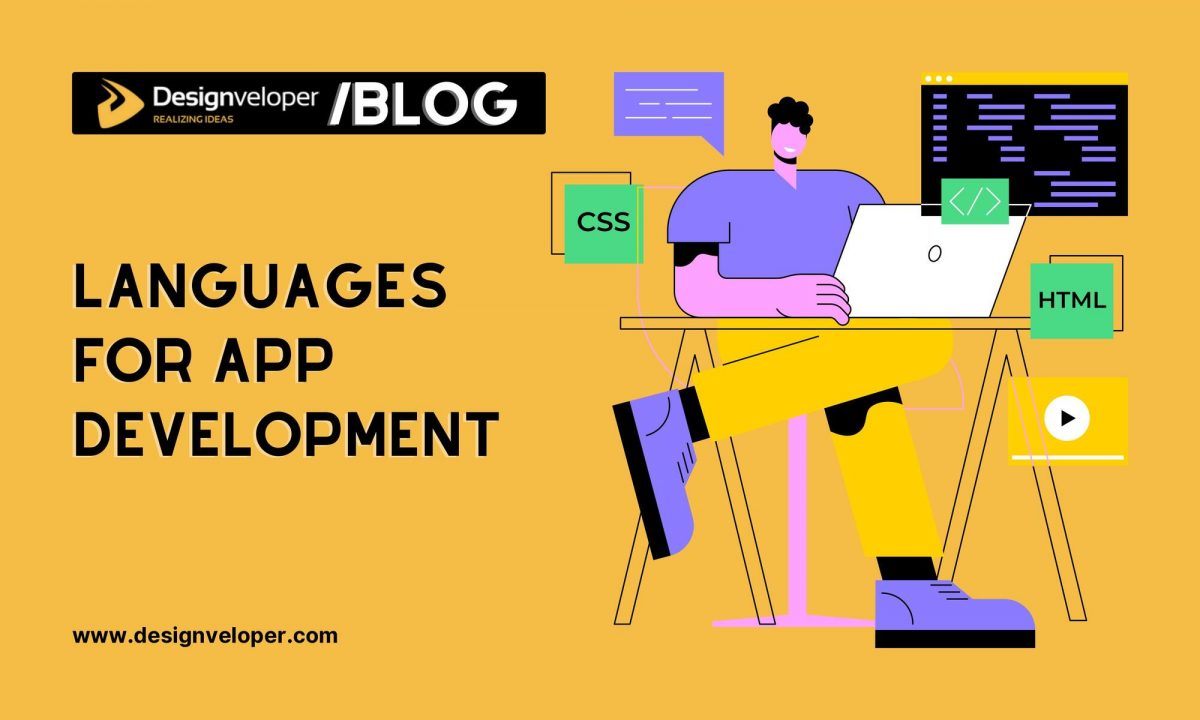With an educational app, learning doesn’t have to stop when the school bell rings. You can learn anytime, anywhere, as long as you have your device.
What’s more, everybody learns differently, and apps can adapt to that. They can track your progress, figure out where you’re struggling, and then adjust to help you get better.
So educational apps and online platforms can be a big help when students are having a tough time with school work. With platforms, including StudyMoose, students can order essay writing help or browse through thousands of essay examples. This service can give them an idea of how to structure their own essays before writing or inspire them to come up with unique arguments or perspectives on a topic.
So yes, ed tech isn’t just about flashy apps and gadgets. It’s also about providing students with the resources they need to succeed. It can be an AI tutor, a virtual reality field trip, or a well-written essay example. And that’s what makes it so cool and versatile.

The Benefits of Using Low-Code Platforms for Educators
Low-code platforms are a win-win for educators and developers. They make app development faster, easier, and more flexible, which is pretty awesome.
1. Faster App Development
One of the big benefits of low-code platforms is speed. They use drag-and-drop interfaces and pre-built templates, which means you can build an app way faster than if you were coding it from scratch. This is perfect for educators who need a specific app for their class but can’t find one that fits the bill. With a low-code platform, they can whip one up quickly.
2. Reduced Coding Complexity
Coding can be pretty complex, especially for beginners. But with low-code platforms, you don’t have to be a coding wizard to create an app. This makes it more accessible to people who don’t have a background in computer science, like many educators.

3. Increased Flexibility
With low-code platforms, you can customize your app to fit your exact needs. You’re not stuck with the features of an off-the-shelf app. Need a specific tool for your history class or want to add a fun quiz feature for your language students? No problem, you can add it in with a few clicks.
4. Cost Effective
Hiring a professional developer to build an app can be expensive. But with low-code platforms, you can do it yourself, saving a lot of money. Plus, many low-code platforms offer monthly subscription plans, which are more affordable for schools or individual educators.
Recommended reading: Top 5 Education Startups in 2023
Innovative Low-Code Apps
There are loads of impressive ideas for educational apps built with low-code platforms. Let’s dive into a few examples.
Custom Quiz App
Consider a school teacher who used a low-code platform to build a customized quiz app. Instead of generic quizzes, this teacher could create quizzes tailored to her lessons, adjusting questions based on student performance and offering instant feedback. This way, the app directly contributed to enhanced student engagement and improved learning outcomes.
Interactive Storytelling App
An English teacher might have used low-code tools to build an interactive storytelling app. Students can choose different paths in the story, encouraging creative thinking and engagement. It’s like those choose-your-own-adventure books, but in a modern, digital format.
Personalized Learning App
Another cool use could be a personalized learning app. For example, a math tutor could build an app that adjusts the difficulty level of problems based on a student’s performance. If a student excels at fractions but struggles with geometry, the app focuses more on geometry problems, ensuring a personalized learning journey.
Collaborative Project App
Think of an app built by a science teacher for a class project on climate change. The app could provide a platform for students to share research, discuss ideas, and collaboratively build a presentation, fostering teamwork and making learning more interactive.
These examples show how low-code platforms are not just about building apps fast and easily.

Recommended reading: Innovating Like the ‘Hidden Figures’: Leveraging Low Code for Business Success
Addressing the Challenges of Educators
Low-code development can be a superhero swooping in to help tackle some of the challenges that educators face.
Personalizing Learning
Low-code platforms can help teachers create apps that adapt to individual students’ needs, making learning more effective.
Engaging Students
Keeping students interested can be tough, especially with traditional teaching methods. With low-code, teachers can build interactive apps or games related to their lessons, making learning more fun and engaging.
Easing Administrative Tasks
Teachers spend a lot of time on administrative tasks. A low-code platform can help build apps that automate some of these tasks, like tracking attendance or grading multiple-choice tests, freeing up more time for teaching.

Distance Learning
With the rise of online and hybrid learning, teachers need effective tools to connect with students remotely. Low-code platforms can help create custom online learning platforms, discussion forums, or assignment submission apps.
Budget Constraints
Schools often operate on tight budgets, making it hard to afford expensive software or custom app development. Low-code platforms provide a more affordable way to create customized ed tech tools.
Final Thoughts
We’re living in a digital world and education isn’t staying behind. That’s where low-code development platforms come in. They’re like a secret weapon for teachers, letting them create their own custom educational apps super fast.
They can whip up anything from a personalized learning app to a cool quiz game, all tailored for their students. And the best part? You don’t have to be a tech genius to use these platforms.





















